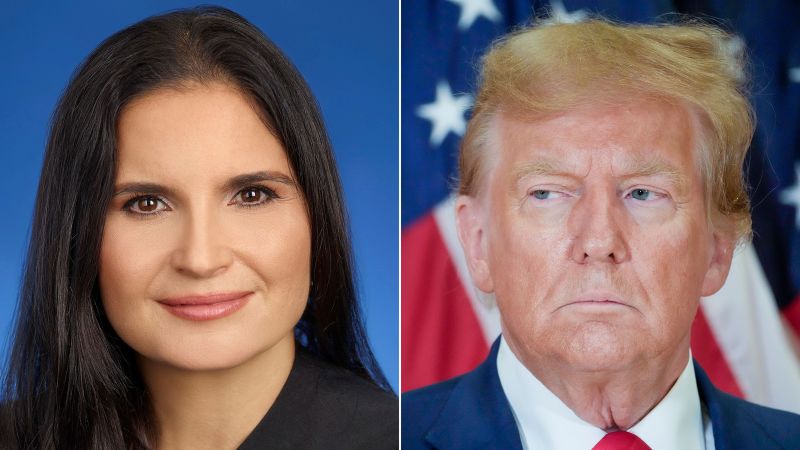A criminal case against former President Donald Trump has faced delays, logistical questions, and legal arguments that have slowed down the process. US District Judge Aileen Cannon, appointed by Trump, has drawn out the case with unusual tactics, leading to uncertainty about when the trial could proceed. Prosecutors have expressed impatience with Cannon’s handling of the case, leading to potential appeals that could further delay the timeline. Despite efforts to speed up the process, judges have ultimate authority over their dockets, leaving prosecutors with limited options.
Critics of Cannon accuse her of playing into Trump’s strategy by delaying the trial until after the election, where a potential Trump presidential win could make the case disappear. The judge’s rulings in a separate lawsuit filed by Trump attacking the FBI have raised suspicion about her motives in the criminal case. Legal experts believe prosecutors have strong evidence against Trump for violating the law, but the case is stalled while Cannon addresses numerous outstanding legal issues that could have significant implications for the trial.
Cannon’s slow progress in the case has raised concerns among legal experts and former prosecutors. The judge’s extensive backlog of motions and disputes have led to postponements in setting a trial date, and Trump has used other criminal cases against him as an excuse for further delays. Despite the prosecutors’ efforts to nudge her towards a faster pace, Cannon has not expedited the process. The only public hearings in recent months have focused on the trial schedule, Trump’s attempts to dismiss the case, and access to additional information.
The handling of classified information in the case has created challenges and disputes over redacted filings, hindering the progress of major motions. The use of classified materials in court proceedings, governed by the Classified Information Procedures Act, requires special procedures that can slow down the legal process. Cannon’s limited trial experience and handling of tangential legal issues have further complicated the case and delayed key decisions. Court observers have questioned the judge’s handling of Trump’s legal arguments and her tendency to overcomplicate matters.
Cannon’s response to Trump’s legal claims has left legal experts puzzled, as she seems to sympathize with his arguments despite pushback from experts. The judge’s decision-making process has prompted criticism for delaying key rulings and complicating the case unnecessarily. Concerns about Cannon’s motives and handling of the case have grown as she continues to delay critical decisions on Trump’s legal challenges. As the trial date approaches, the judge’s reluctance to make definitive rulings has raised questions about the fairness and efficiency of the legal proceedings.
In conclusion, the criminal case against former President Trump has faced significant delays and legal complications due to the handling by US District Judge Aileen Cannon. Critics have raised concerns about the judge’s motives and approach to the case, which has led to uncertainty about when the trial will proceed. As legal experts and prosecutors navigate the complex issues surrounding the case, questions remain about the fairness and efficiency of the judicial process. The impact of Cannon’s decisions on the outcome of the trial and the potential implications for future cases involving high-profile individuals are still unclear.


